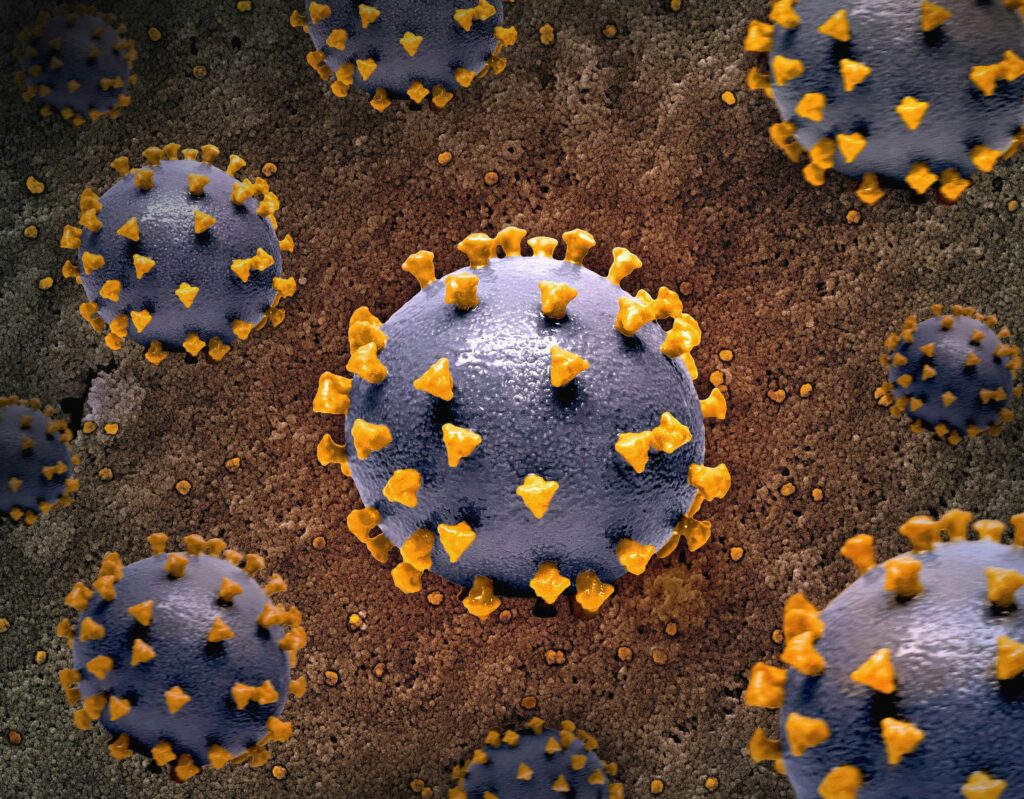
The resurgence of measles across parts of the U.S. has reignited concerns among pediatricians, public health experts, and parents — and for good reason. While most people know measles as a rash-and-fever illness, its long-term effects on children’s health can be devastating.
From permanent immune damage to deadly neurological complications, the risks go far beyond the initial infection. Fortunately, the MMR vaccine (measles, mumps, and rubella) can prevent all of these consequences — and has already saved millions of lives globally.
Let’s break down what makes measles so dangerous and why vaccination is the best line of defense.
What Are the Long-Term Effects of Measles in Kids?
1. Immune Amnesia
Measles doesn’t just make kids sick temporarily — it erases immune memory, meaning that children lose the ability to fight off infections they were previously immune to.
A 2019 study found that measles can destroy up to 73% of pre-existing antibodies, leaving children vulnerable to diseases they were once protected against. This phenomenon, known as “immune amnesia,” can take years to recover from — if at all.
2. Subacute Sclerosing Panencephalitis (SSPE)
In rare but heartbreaking cases, the measles virus can lie dormant in the brain and resurface years later as a fatal condition called SSPE. This neurological disorder causes progressive brain damage, leading to seizures, coma, and death — often by the age of 10 in children who were infected before age 2.
Why Measles Is More Than Just a Fever and Rash
Measles is often dismissed as a childhood illness, but up to 1 in 20 children with measles develop pneumonia — the leading cause of measles-related deaths.
Even in non-fatal cases:
- 1 in 1,000 may suffer from brain inflammation (encephalitis), risking permanent disabilities like blindness, deafness, or cognitive decline.
- 1 in 5 kids with measles requires hospitalization.
MMR Vaccine: The Best Protection for Children
The two-dose MMR vaccine is 97% effective at preventing measles and all of its complications. According to the CDC:
- First dose: between 12 and 15 months
- Second dose: between 4 and 6 years
Unvaccinated individuals of any age can still get the vaccine and gain protection.
Since its introduction, the MMR vaccine has dramatically reduced cases in the U.S. — from 3–4 million annually pre-1963 to just a few hundred in recent years. However, falling vaccination rates have triggered outbreaks in Texas, New Mexico, Kansas, Ohio, and parts of Canada and Mexico.
Why Vaccine Hesitancy Is a Dangerous Gamble
Experts warn that natural infection is not a safe alternative. There are no antiviral treatments that can prevent complications once measles strikes. Nutritional supplements like vitamin A, often cited by anti-vaccine advocates, are only supportive care — not cures.
“The vaccine doesn’t just prevent measles; it prevents death from other infections that follow,” said Harvard geneticist Stephen Elledge, whose research shows measles survivors face higher death rates from other diseases for years after infection.
Prevent the Disease — and Its Consequences
Measles is not a rite of passage — it’s a potentially life-altering disease with no guaranteed recovery. The MMR vaccine remains one of the safest and most effective tools in public health, protecting not just individual children, but entire communities — including infants and immunocompromised people who cannot be vaccinated.
Disclaimer- This article is for informational purposes only and is not a substitute for professional medical advice, diagnosis, or treatment. Always consult your pediatrician or healthcare provider regarding vaccinations and individual health concerns.
ALSO READ
World Health Day 2025 Theme: Prioritizing Maternal and Newborn Health



